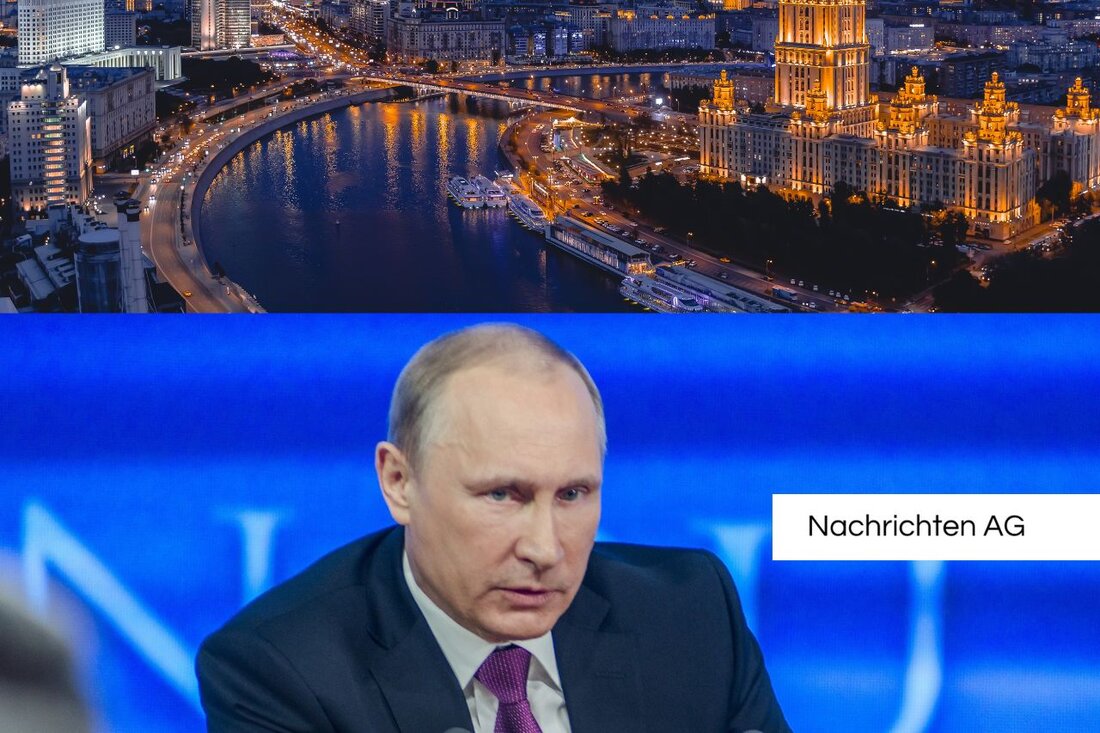ESC winner JJ: Controversy around Israel ensures political scandal!
ESC winner JJ: Controversy around Israel ensures political scandal!
Wien, Österreich - Johannes "JJ" Pietsch, the 24-year-old singer from Austria, ensured a political outcry with his recent statements during a round of interviews after his victory at the Eurovision Song Contest (ESC) in 2025. In a conversation with El País he expressed the desire for an ESC "Without Israel" and reconciled the country with Russia by both as "aggressors". These statements not only triggered massive criticism, but also sparked a broad political discussion.
Pietsch's words resulted in a storm of indignation on social media platforms within a very short time. Users accused him of fueling hatred and arguing one -sided. Comments such as "Israel has the right to appear at the Eurovision Song Contest. Shame on you, JJ" and "Instead of love, hatred and agitation is spreading" clearly show the split reactions on his statements. The demand that Austria should leave the ESC was also loud.
political reactions and support
The political reactions on Pietsch's statements cannot be ignored. Oskar Deutsch, President of the Israelite Culture Community of Vienna, was outraged and described the singer's attitude as "dangerous" while he accused him of making a "victim". Wolfgang Sobotka, President of the National Council of the ÖVP, described the statements as "unacceptable" and criticized the equation of Israel and Russia. Similarly, Johanna Mikl-Leitner, the governor of Lower Austria, and Alexander Pröll, who both classify Pietsch's statements as "politically dangerously bad advice".
Some voices, however, praised Pietsch's brave step, who wanted to initiate a critical discussion about the perception of Israel in the political landscape. Comments on social media show that there are also supporters who underline the legitimacy of his statements.
invitation from the ambassador and international response
In the middle of the controversial, David Roet, the Israeli ambassador in Vienna, offered to invite Pietsch to a personal conversation to Israel to discuss the topic. Pietsch himself apologized for possible misunderstandings, but continues to have open political discussions in mind. This is not the only conflict that he is confronted: due to his appreciation of the controversial opera singer Anna Netrebko, he also receives harsh criticism from Ukraine. Historically, the ESC has repeatedly caused political controversy. Dean Vuletic, ESC historian, emphasizes that the competition is often used as a stage for political messages, although these are not intended in the regulations of the European Broadcasting Union (EBU). In the past, not only the performances were politicized, but also the conditions of participation and audience reactions significantly influenced the perception of the competition, as the discussion about Pietsch illustrates.The coming days will show whether Pietsch's statements will have long -term consequences for him and the Eurovision Song Contest or whether the waves can smooth out. While the debate about the political dimensions of the ESC continues, the influence of music and political attitude remains undisputed.
Further information on the political aspects of the ESC can be found in the interesting article on SRF .
| Details | |
|---|---|
| Ort | Wien, Österreich |
| Quellen | |


Kommentare (0)